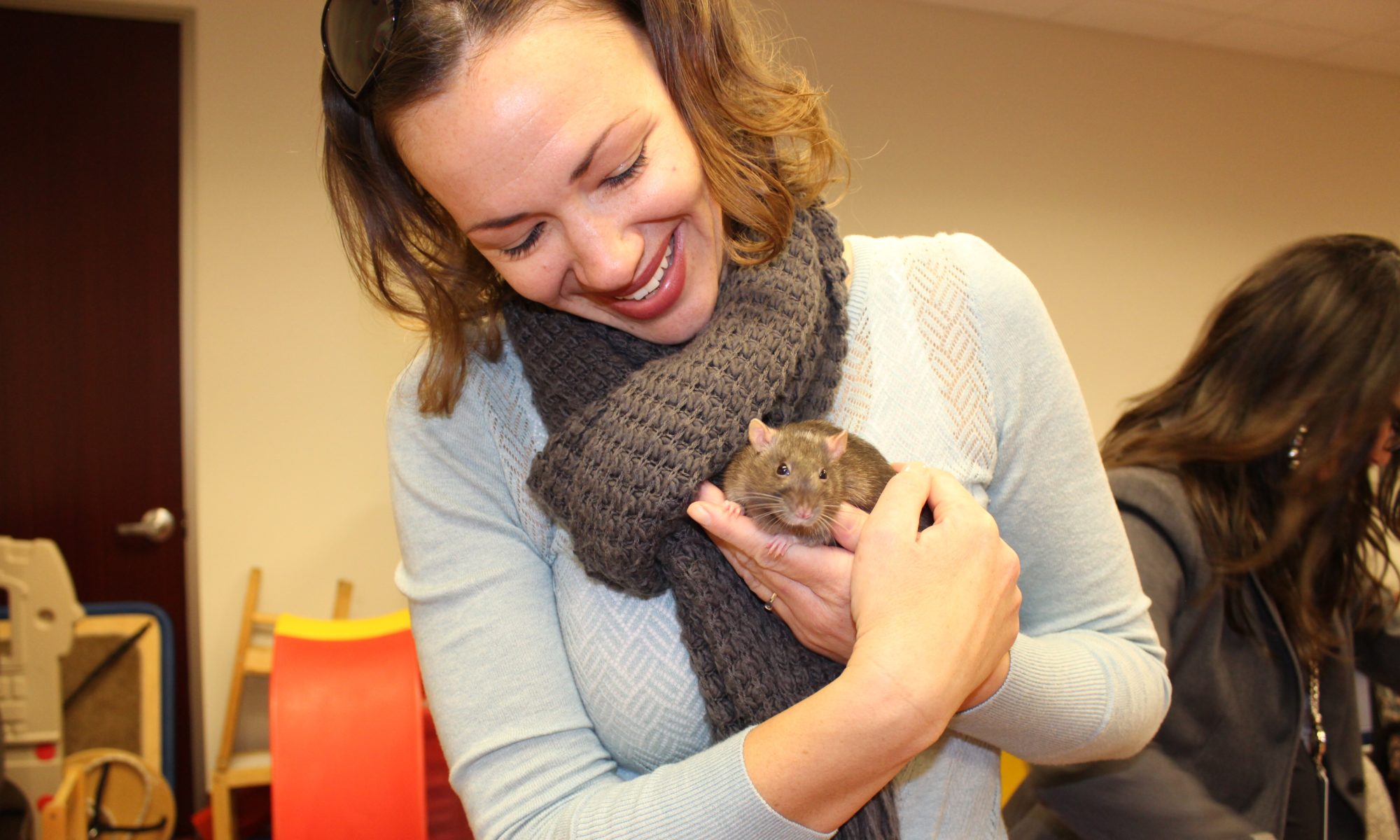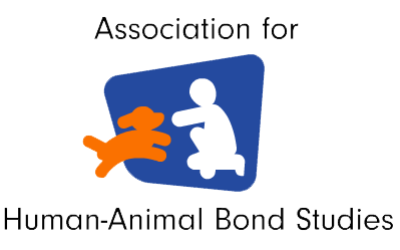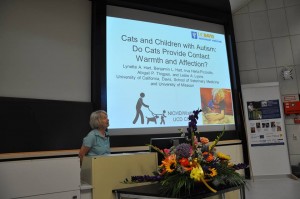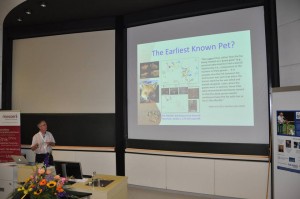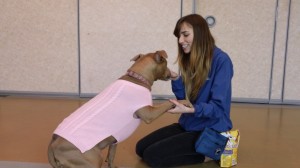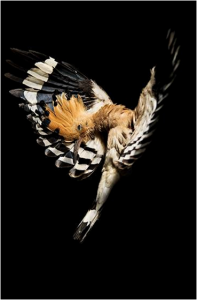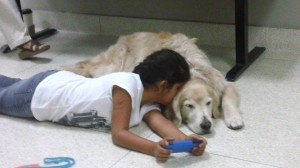Presented by Lynette Hart, ISAZ Conference University of Vienna, Austria University of California, Davis
This project was based on the proposition that children with autism could benefit emotionally, and perhaps cognitively, from the warmth and affection that might be supplied by an appropriate pet cat. Even the most caring parents cannot be expected to supply the round-the-clock contact affection that might be expected of some cats. Before considering a project where a kitten would be placed with a family that has an autistic child, for study of the therapeutic effects, it was necessary to determine if cats that already share a home with an autistic child can be affection and non-aggressive to the child, and if the the autistic child likes to hold the cat.
The results reveal that these cats were not aggressive, and were generally affectionate, with the autistic children, albeit noticeably less affectionate than with typical children. Autistic children generally liked holding the family cat (some were even “crazy” about the cat). It now seems feasible to explore the therapeutic benefits of placing a well-selected cat (kitten) with a family with an autistic child in a controlled trial.
